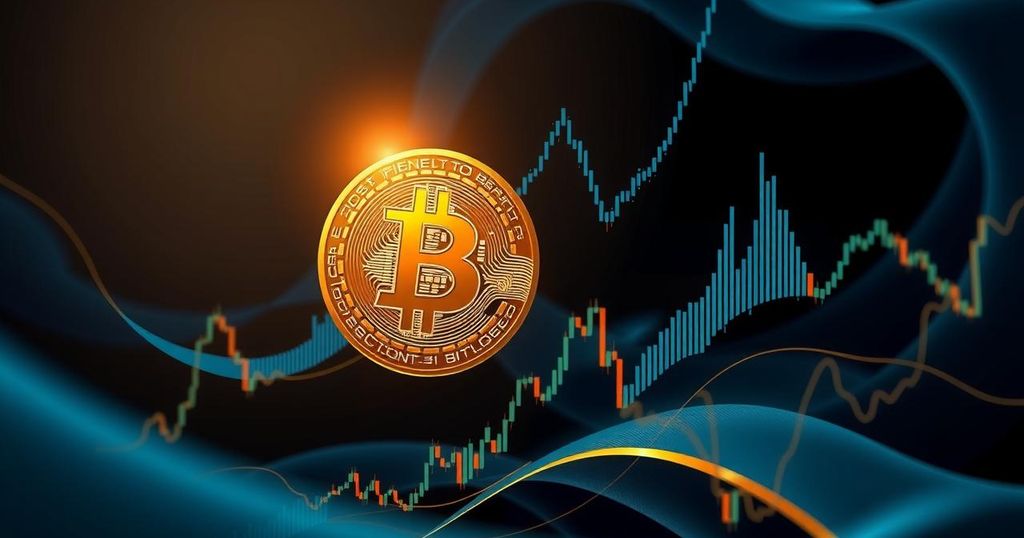BlackRock’s Jay Jacobs on Bitcoin Pricing Amid Global Uncertainty
BlackRock’s Jay Jacobs discussed Bitcoin pricing in a CNBC interview, highlighting its role as an uncorrelated asset that gains value during uncertainty. He pointed out the limited correlation with US tech stocks. Jacobs noted ongoing trends influencing Bitcoin’s rise, including increasing central bank diversification and geopolitical fragmentation, while BlackRock’s IBIT fund has recently seen significant inflows, solidifying its position in the financial landscape.
In a recent interview with CNBC, Jay Jacobs, the US Head of Equity ETFs at BlackRock, shared insights on how Bitcoin should be valued. He argues that Bitcoin acts as an ‘uncorrelated asset’ that thrives during times of uncertainty. “When the world gets messier, Bitcoin benefits,” Jacobs stated, emphasising the long-term disconnect between Bitcoin and US tech stocks – suggesting a mere 2-3% correlation over time.
According to Jacobs, equities rally for reasons opposite to those fueling Bitcoin. When growth appears strong and geopolitical risks diminish, tech stocks tend to rise. Conversely, Bitcoin tends to shine in unstable conditions, serving as an alternative asset that investors gravitate toward, especially when seeking slightly safer options.
At the time of Jacobs’ comments, Bitcoin was trading slightly below $94,000, reflecting a staggering 150% growth since the approval of spot ETFs last year. Jacobs correlated these price movements directly to market flows, insisting that if global uncertainty persists, assets like Bitcoin (and gold) are likely to gain even more traction.
The BlackRock iShares Bitcoin Trust, or IBIT, is a prime example of this phenomenon. Jacobs highlighted a recent influx of $643 million into the fund on April 23rd, marking its most significant daily creation haul in recent months, pushing its total assets towards $54 billion. The demand for hard assets seems to be aligned with an ongoing geopolitical shift.
Jacobs pointed out that central banks globally have been diversifying away from a reliance solely on US dollars. This pivot, he noted, isn’t new and has been evolving over decades. The trend shows a move towards assets like gold and now Bitcoin, as reflected by a record 1,044 tonnes of gold bought by central banks in 2024.
Linking these developments to BlackRock’s 2023 “mega-forces” framework, Jacobs labelled geopolitical fragmentation as a key return driver. He suggested that this fragmentation influences policy changes, such as reshoring in the USA, while encouraging an interest in alternative assets like Bitcoin amid escalating global tensions.
Notably, BlackRock manages an astounding $11.6 trillion in assets, a figure that highlights its significant influence across markets. Jacobs’ evaluation of Bitcoin suggests that its pricing is more about scarcity and resilience against sanctions rather than traditional valuation methods like discounted cash flows. Essentially, he concluded that the market is actively seeking alternative portfolio options outside conventional stocks and bonds. As IBIT consumes more Bitcoin than miners can produce following the recent halving, Jacobs’ insights offer crucial guidance on how BlackRock perceives the pricing dynamics of Bitcoin today. As of the latest update, Bitcoin stood at $94,510.




Post Comment